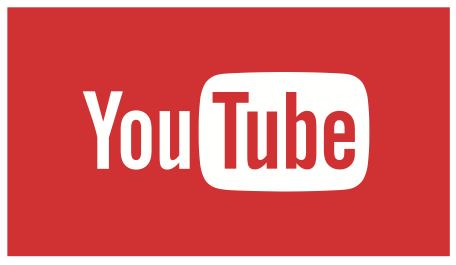Stream-Ripping, the New Music Piracy, Becoming Problematic
September 14, 2016
The recording industry is concerned about a burgeoning trend: stream-ripping. Numerous mobile apps and sites now allow users to download MP3 files from songs on YouTube, thus circumventing both advertising and paid streaming services such as Spotify and Apple Music. The music industry has had reasonable success in fighting the kind of peer-to-peer file sharing that hurt CD sales, but this new kind of piracy is proving much harder to combat because it sources legitimate streaming services.
The Wall Street Journal reports another problem: people relying on stream-ripping for their music often don’t realize their actions amount to piracy. In a report from MusicWatch, 73 percent of the respondents “who reported stream-ripping or using other illegal music apps said they assumed their actions were legitimate.”
The Recording Industry Association of America (RIAA) reports that, “the top 30 stream ripping sites receiv[ed] 900 million visitors in July.”
“It has now become a major problem,” said RIAA spokesman Jonathan Lamy, who notes that it “displaces lawful sales and streams, depriving artists, songwriters and labels of the royalties they deserve and undercutting the licensed digital services, too.”
In response, the RIAA “has been filing complaints to remove stream-ripping sites from the Internet and pressuring advertisers not to support such platforms.” The ubiquity of stream ripping is also disturbing to RIAA and its associates. The International Federation of the Phonographic Industry reports that 49 percent of Internet users aged 16 to 24 stream ripped in the six month period ending in April, a bump up from 41 percent in the same period a year prior. Thirty percent of Internet users, regardless of age, “reported stream-ripping this year, a 10 percent increase over last year.”
The ability of users to circumvent subscription-based music sites is a major blow for the music industry, which, says WSJ, has lost 60 percent of its value since its peak in 2000, largely due to illegal file sharing; paid video-streaming services are the industry’s path to maintaining and regaining value.
YouTube is taking down sites that violate a term of its service preventing users from “downloading, reproducing and distributing its content without its written consent,” Google is demoting sites “that receive large numbers of copyright complaints,” and both Apple and Alphabet “have generally been removing stream-ripping apps from their app stores when they receive complaints.”
Many of the “Tube” apps found in the Apple App Store or Google Play store warn users that “they either cannot or shouldn’t be used on YouTube videos.” But removing a site is no guarantee of success, as “nearly identical apps tend to appear in their place.”


No Comments Yet
You can be the first to comment!
Sorry, comments for this entry are closed at this time.